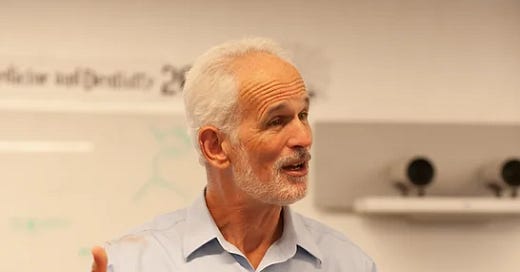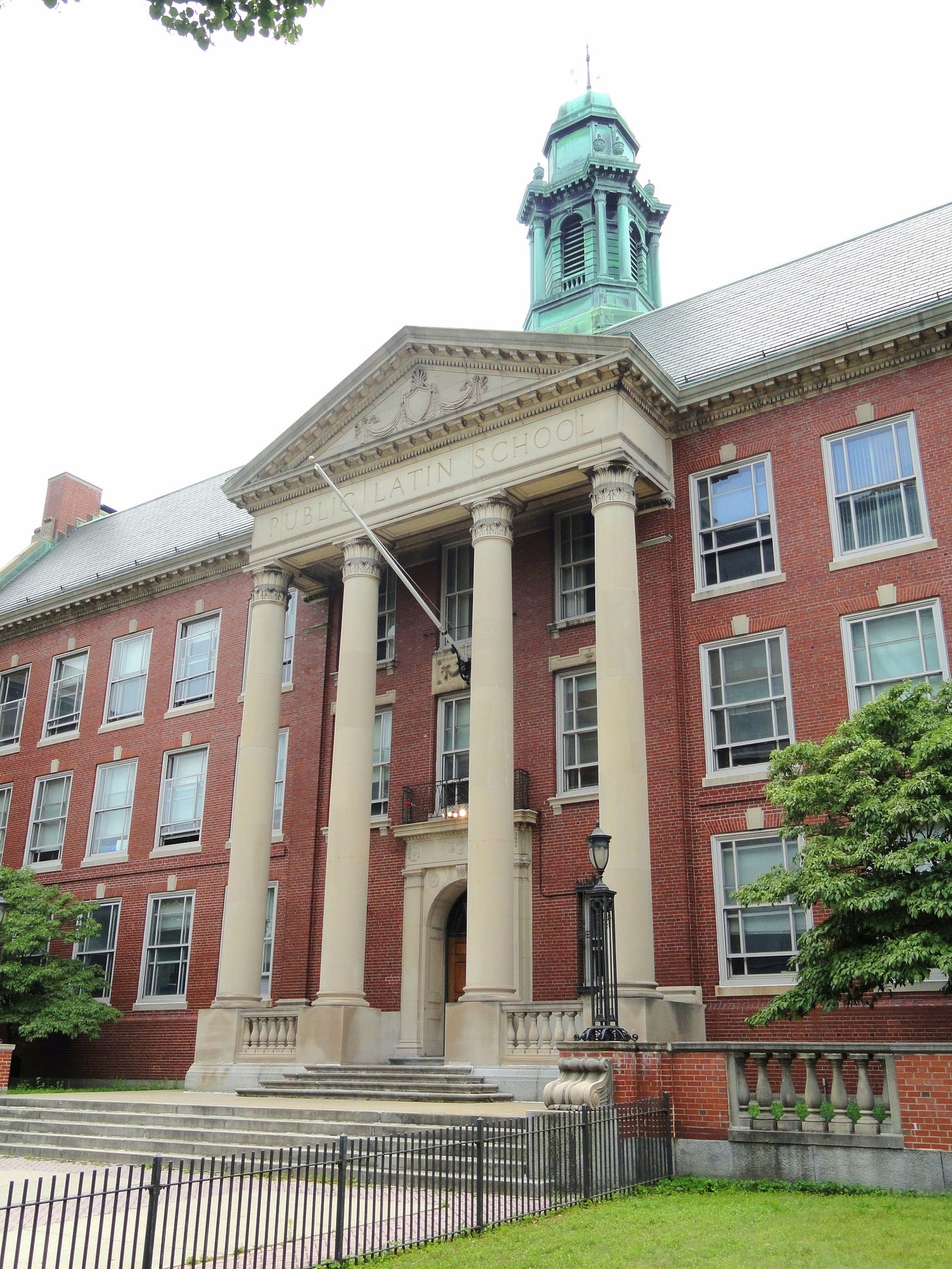Average apartments, soaring rents | Border toll nuttiness | Another BPS bungle | Predictions of a Steward financial meltdown went unheeded | The growing split among Dems | Quick hits |
News tips? Story ideas? Email us at sbvanvoorhis@hotmail.com
Slow motion train wreck: Former top hospital exec predicted a Steward meltdown years ago but his warnings were ignored
The for-profit hospital chain’s financial prognosis is grim, with word of contractors and other vendors going unpaid having triggered a feeding frenzy in the local political and media worlds.
The fate of several crucial community hospitals owned by Dallas-based Steward Health Care, from Holy Family in Haverhill to the Carney in Dorchester to suburban Norwood Hospital, now hang in the balance.
But if our state’s political power brokers had heeded warnings more than a decade ago from an influential health care insider, we might not be in such a dire situation.
That would be Paul Levy. A true Renaissance man, Levy oversaw the cleanup of Boston Harbor as head of the MWRA. He later went on to serve for nearly a decade as head of Beth Israel Deaconess, all the while writing a popular blog on the health care system called “Not Running a Hospital.”
Levy penned some of the earliest warnings about Steward, the Wall Street-backed for-profit hospital chain that got its start gobbling up local hospitals run by Caritas Christi, a local financially troubled Catholic health care provider.
A decade before the you-know-what hit the wall, Levy had Steward’s number.
“Owned by a private equity firm, the hospital system’s leadership has done what private equity managers do,” Levy wrote in 2013, noting that “assets have been stripped away to create cash flow for the owner.”
By 2015, Levy was warning that Steward was headed towards a financial cataclysm as it started to sell off key pieces of its operations, such as its lab and testing services.
The “issue that could arise is what happens to the Steward hospitals if the system fails or falters,” Levy wrote, noting that the chain’s “hospitals are less resilient because a portion of their asset value has been sold off.”
A year later, Steward sold off its Massachusetts hospital buildings to an Alabama investment firm in a $1.25 billion deal, enabling Cerberus Capital Management, its big investment backer, to ride off into the sunset with more than $800 million.
The sale, in turn, set the fuse going on the financial crisis that has since engulfed Steward, with the for-profit hospital chain having used cash from the transaction to go an ill-considered national expansion campaign.
By last year, the wheels were coming off, with Steward struggling, unsuccessfully, to make back-breaking lease payments on its hospitals to its landlord, Birmingham-based Medical Properties Trust.
No one can credibly say they didn’t see this coming.
Levy wasn’t some gadfly, given that his healthcare blog had over 10,000 subscribers and was widely read in the industry.
Alan Sager, a professor of health policy, law and management at Boston University, was also out front in warning about the dangers of the investor-backed Steward taking over struggling community hospitals.
Yet over the course of nearly 15 years, three different governors, three different attorneys general, and several legislative leaders all failed to take effective action to rein Steward in.
It’s a group that includes our current governor, Maura Healey, who previously served as attorney general, as well as Martha Coakley, another former attorney general.
Sure, there was some minor squawking here and there and assorted hollow threats, but nothing that ultimately prevented Steward and its now uber rich CEO, Ralph de la Torre - he of the two yachts and squadron of corporate jets - from going their merry way.
“All these things were happening and were known to those in the hospitals and in the greater Boston healthcare world,” Levy told Contrarian Boston in a recent interview.
“If the government officials knew and didn't act, they are complicit in what ultimately happened,” contends Levy, who currently serves on the Newton School Committee and runs a consulting firm. “If they didn't know, they were not competently carrying out their legal responsibilities.”
Added Levy: “I don't know which is worse.”
Another BPS mess: Student applying to Boston exam school admitted to the wrong grade
It has become an annual rite of spring, the bungling of exam school applications by the Boston Public Schools.
And it looks like the admissions process for the city’s top three schools is already off to a stumbling start.
Shawn Aylward’s daughter, a sixth grader at a local parochial school, applied for a spot in the seventh grade class at one of Boston’s exam schools.
She listed the Boston Latin School as her first choice, followed by Boston Latin Academy and The John D. O'Bryant School of Mathematics and Science.
So both the student and her parents were mystified when a letter recently arrived with an offer of a seat in the incoming ninth grade class at the O’Bryant; she also was placed on the waiting list for BLA behind 83 other applicants.
The family had provided extensive residency documentation to BPS administrators, from her birth certificate to school grades.
Aylward, a graduate of Boston Latin School himself, is mystified as to how the mix up could have occurred.
“She is 12 years old - it is definitely very confusing,” Aylward told Contrarian Boston. “We went through this whole process and they can’t even get the grade right.”
Keep reading with a 7-day free trial
Subscribe to Contrarian Boston to keep reading this post and get 7 days of free access to the full post archives.





